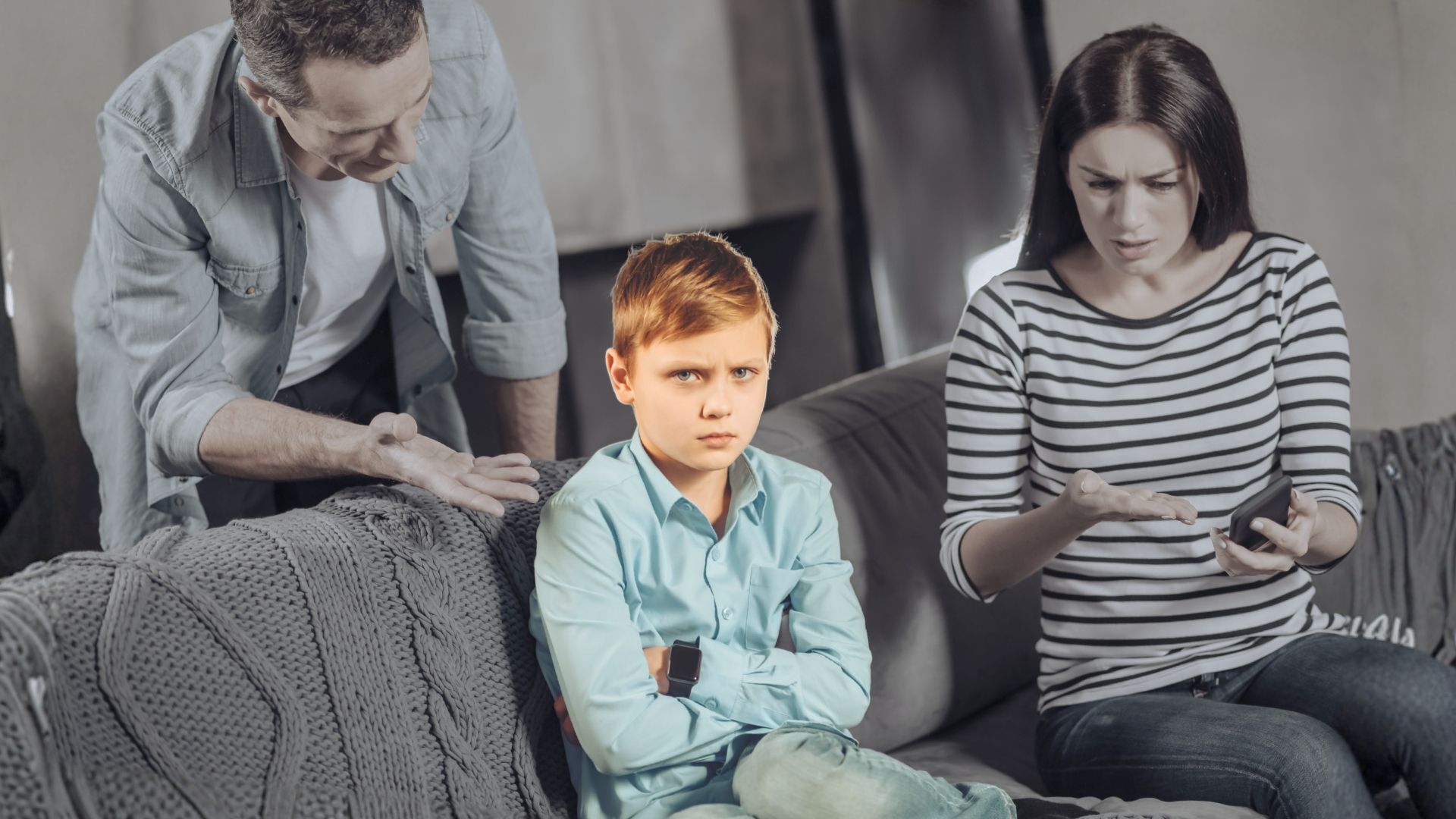When Empathy Makes Behavior Worse: Understanding Parental Empathy Dysregulation | Ryan Wexelblatt, LCSW, ADHD Dude

Bryce, 15, regularly tells his mom, Renee, to “shut the F up” whenever she tries to speak with him. He expects her to drive him to school and always keep his favorite snacks stocked. Renee tolerates the disrespect because she’s afraid that Bryce won’t want a relationship with her when he’s older if she holds a boundary on how he treats her.
Andrew, 10, becomes physically aggressive and starts destroying things at home when he doesn’t get his way. His parents don’t hold him accountable because they believe he’s incapable of better self-regulation; even though this behavior never shows up at school or with other adults.
Bella, 8, threatens to hurt herself or gestures like she’s choking herself when her parents try to limit her screen time. They give in and allow excessive screen use, even canceling family plans, because they’re scared she might follow through.
These aren’t examples of “bad parenting.” They’re examples of something I call parental empathy dysregulation, a pattern I often see in families of kids with ADHD and other neurodevelopmental differences.
Parental empathy dysregulation happens when parents believe their child is too emotionally fragile to handle limits or age-appropriate expectations. They engage in family accommodation to avoid upsetting their child, changing their behavior to reduce or avoid the child’s temporary distress.
But research on family accommodation, such as the work of Lebowitz et al. (2014) and Schorr-Sapir et al. (2022), shows that accommodating a child’s emotional reactions tends to increase emotional and behavioral problems over time. Those behaviors intensify when children learn that distress or threats lead to getting what they want. In some families, this escalates into what I call severe tyrannical behaviors: property destruction, child-to-parent (or sibling) violence, or threats of self-harm. The child learns that they can use these behaviors to control the home. And the longer they go unaddressed, the more normalized they become.
The good news: this cycle can be broken.
The first step is helping parents see their child as capable and anti-fragile. Kids with ADHD can handle limits and meet expectations, especially when those expectations are clear and consistent. Discomfort is part of growth, and all feelings are temporary.
Next, parents need to reclaim their parental authority by setting daily expectations: helping around the house and treating family members respectfully. This isn’t about punishment; it’s about creating structure so kids feel emotionally safe, knowing their parents or caregivers are leading.
I help parents shift from “high giving, low expectations” (where screen time, expensive items, or privileges are treated as entitlements) to high empathy, high expectations. This structure helps restore calm, strengthens the parent-child relationship, and supports long-term success.
Finally, I teach parents how to change their response to their child’s behaviors, not ask the child to change. This includes enlisting supporters; trusted adults the child respects, who can check in during challenging moments. Not to punish, but to say, “I know what’s going on. I care about you. What can I do to help?”
Parental empathy dysregulation isn’t about being too soft. It’s what happens when the parent-child hierarchy gets flipped, and children take control through their behavior. Reclaiming parental authority isn’t harsh, it’s the most compassionate thing a parent can do to help their child discover how capable they truly are.
You can learn more in this video I made:👉 https://youtu.be/88tsWMJe6Pk
References
Lebowitz, E. R., Omer, H., Hermes, H., & Scahill, L. (2014). Parent training for childhood anxiety disorders: The SPACE program. Cognitive and Behavioral Practice, 21(4), 456–469. https://doi.org/10.1016/j.cbpra.2013.12.004
Schorr-Sapir, I., Dolberger, D., & Ben-Itzchak, E. (2022). Nonviolent resistance treatment for parents of children with attention-deficit/hyperactivity disorder (ADHD): A randomized controlled trial. Journal of Child and Family Studies, 31, 1815–1827. https://doi.org/10.1007/s10826-022-02290-2










